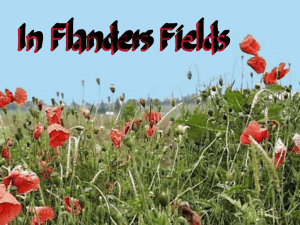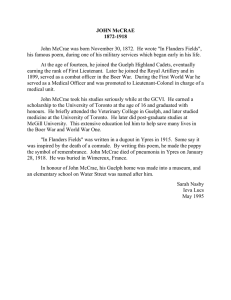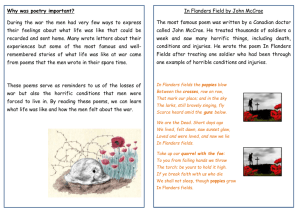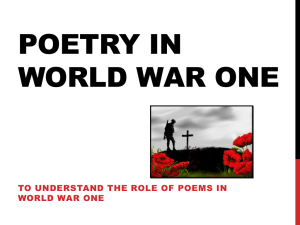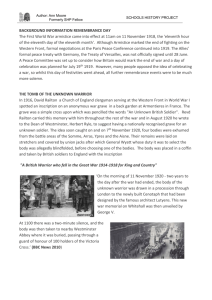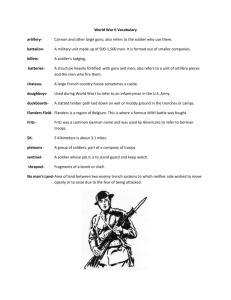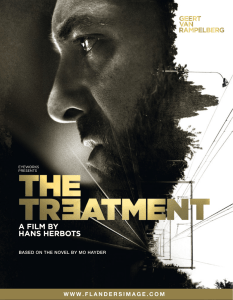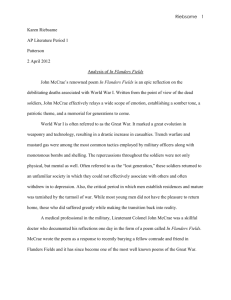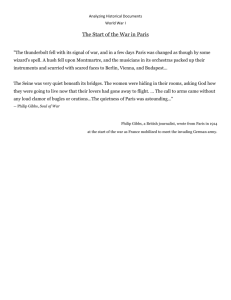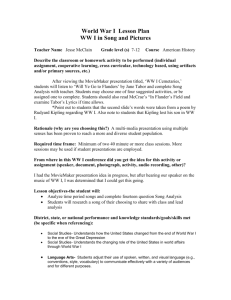Medical Services (Essex Farm)
advertisement
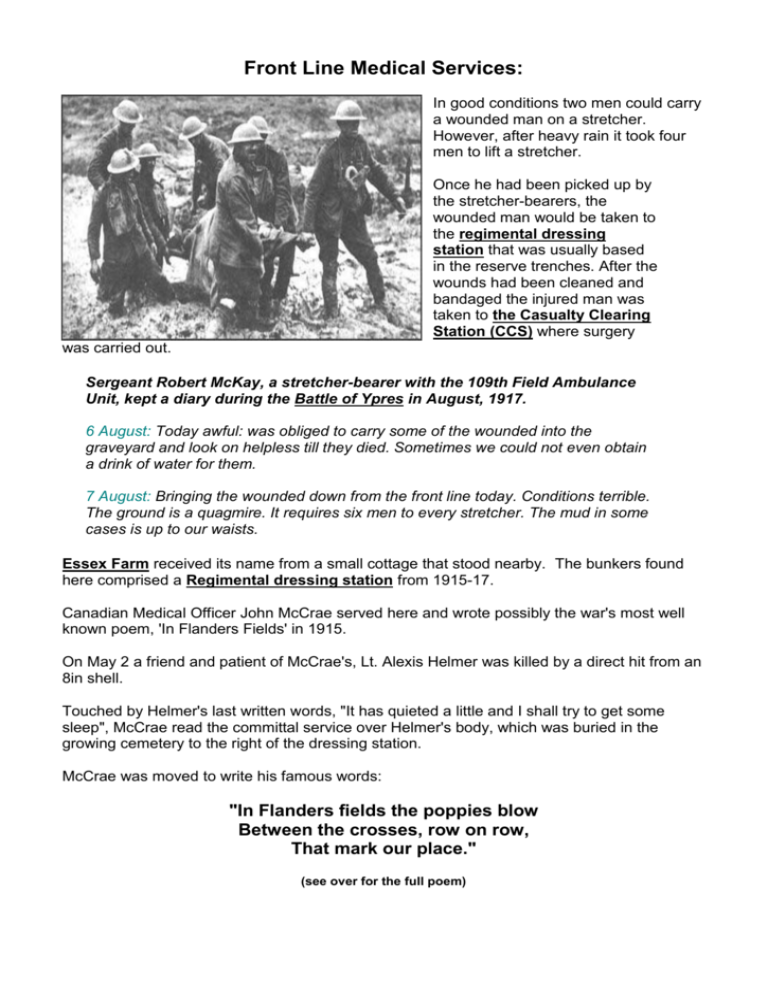
Front Line Medical Services: In good conditions two men could carry a wounded man on a stretcher. However, after heavy rain it took four men to lift a stretcher. Once he had been picked up by the stretcher-bearers, the wounded man would be taken to the regimental dressing station that was usually based in the reserve trenches. After the wounds had been cleaned and bandaged the injured man was taken to the Casualty Clearing Station (CCS) where surgery was carried out. Sergeant Robert McKay, a stretcher-bearer with the 109th Field Ambulance Unit, kept a diary during the Battle of Ypres in August, 1917. 6 August: Today awful: was obliged to carry some of the wounded into the graveyard and look on helpless till they died. Sometimes we could not even obtain a drink of water for them. 7 August: Bringing the wounded down from the front line today. Conditions terrible. The ground is a quagmire. It requires six men to every stretcher. The mud in some cases is up to our waists. Essex Farm received its name from a small cottage that stood nearby. The bunkers found here comprised a Regimental dressing station from 1915-17. Canadian Medical Officer John McCrae served here and wrote possibly the war's most well known poem, 'In Flanders Fields' in 1915. On May 2 a friend and patient of McCrae's, Lt. Alexis Helmer was killed by a direct hit from an 8in shell. Touched by Helmer's last written words, "It has quieted a little and I shall try to get some sleep", McCrae read the committal service over Helmer's body, which was buried in the growing cemetery to the right of the dressing station. McCrae was moved to write his famous words: "In Flanders fields the poppies blow Between the crosses, row on row, That mark our place." (see over for the full poem) IN FLANDERS FIELDS In Flanders Fields the poppies blow Between the crosses, row on row That mark our place; and in the sky The larks, still bravely singing, fly Scance heard amid the guns below. We are the Dead. Short days ago We lived, felt dawn, saw sunset glow, Loved and were loved, and now we lie in Flanders fields. Take up our quarrel with the foe: To you from failing hands we throw The torch; be yours to hold it high. If ye break faith with us who die We shall not sleep, though poppies grow in Flanders fields J McCrae 1915 Harry Kendall, a trooper in the 1st. King Edward's Horse: " I was stationed for some time on these crossroads near the Essex Farm graveyard. Fritz had a bad habit of sending shells over and ploughing up the graves. For many weeks there was little peace at that end of Essex Farm road -even for the glorious dead. Often a dozen times a day we were smothered over with mud from the graves torn up by Fritz's exhuming shells. Possibly the worst phase of this post by number four bridge was the eternal reviewing of the dead men before one's tiring eyes. Slaughtered men lying about in all shapes and forms around this unholy post of ours. Sometimes these immolated human beings would be wrapped in army blankets, tied around the head and feet. At other times, nothing but War's frightful disfigurement or mutilations were to be seen on the faces of these "glorious corpses ". Consider Kendall’s words as you walk around the graveyard… Stick a picture of Strudwick’s grave here
